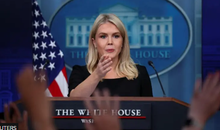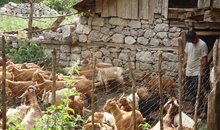
 Flash News
Flash News
Scandal/ Large amounts of oil spilled in Vjosa National Park, is UNESCO status at risk?
Accident on the Puka-Shkodra axis, two injured
Parliamentary Assembly delegation report for May 11: SP used the administration in the campaign, there was pressure on voters
Memli Krasniqi re-elected as PDK chairman
Israel says it has eliminated another top Iranian commander
Parliamentary Assembly delegation report for May 11: SP used the administration in the campaign, there was pressure on voters
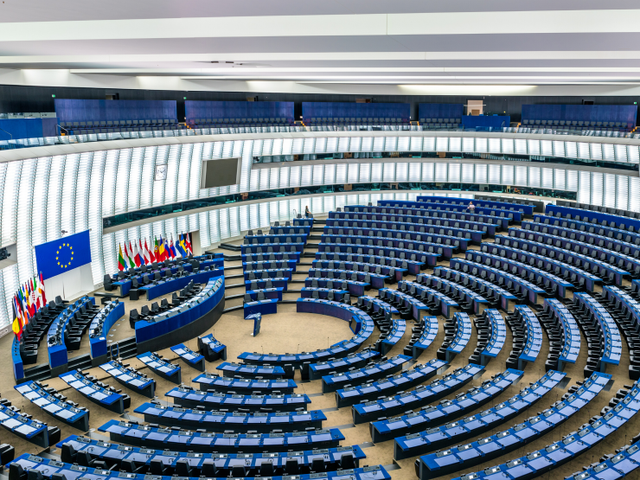
The report of the delegation of the Parliamentary Assembly of the Council of Europe on the parliamentary elections that took place on May 11 has been released. The report will be presented to the European Parliament on Monday.
According to the report's findings, the parliamentary elections were held in a polarized political environment.
The report highlights the Socialist Party's exploitation of the administration during the electoral campaign, as well as the pressure on voters.
“The ruling party benefited from the extensive use of administrative resources during the campaign, creating an unfair advantage for incumbents. There were also numerous allegations of pressure on voters, especially public employees. Furthermore, the electoral legislation and its narrow interpretation by the election administration did not prevent abusive practices. The concentration of media ownership undermined the plurality of news sources, together with self-censorship among journalists and the two largest parties dominating news coverage, limited the opportunity for voters to make an informed choice ,” the report states.
The delegation's report also refers to the inclusion of women in political life, where it appreciates their commitment, but points out the challenges they have to face.
"Although women have become more politically engaged in recent years, they continue to face long-standing systemic obstacles to progress, including weak internal party democracy and limited access to funding. While women hold half of ministerial positions, they are underrepresented in parliament, occupying 50 out of 140 seats (36%) ," the report said.
The report emphasizes that there are recommendations that have not yet been implemented by Albania.
“Some of the changes follow previous recommendations, while other recommendations remain unimplemented, particularly those related to a more balanced composition of lower-level election commissions and the voting rights of persons with intellectual or psychosocial disabilities ,” the report continues.
Main findings of the pre-election mission:
• Gjatë misionit tonë parazgjedhor në Tiranë më 3-4 prill 2025, i cili synonte të vlerësonte fushatën zgjedhore dhe klimën politike përpara zgjedhjeve parlamentare, ne u takuam me një gamë të gjerë palësh të interesuara zgjedhore: Kryetarin e Kuvendit, udhëheqësit dhe përfaqësuesit e grupeve kryesore parlamentare dhe partive kryesore politike jashtëparlamentare, anëtarët e delegacionit shqiptar në APKE, Kryetarin dhe Zëvendëskryetarin e Misionit të Vëzhgimit të Zgjedhjeve të OSBE/ODIHR, Komisionerin Shtetëror të Zgjedhjeve dhe anëtarët e KQZ-së, përfaqësues të komunitetit diplomatik, shoqërisë civile dhe medias, përfaqësues të Autoritetit të Medias Audiovizuale, Agjencisë së Medias dhe Informacionit dhe Strukturës Speciale të Byrosë Kombëtare të Hetimit për Luftimin e Korrupsionit dhe Krimit të Organizuar (SPAK).
• Ne identifikuam disa sfida që duhen adresuar për të siguruar procese demokratike dhe zgjedhje të drejta dhe konkurruese.
• Ndërsa pranojmë rëndësinë e luftës kundër korrupsionit, ne theksuam nevojën për të shmangur perceptimin e favorizimit të një partie politike mbi një tjetër, pasi kjo mund të minojë besimin e publikut në luftën kundër korrupsionit dhe në vetë procesin zgjedhor.
• Ne u informuam për kulturën e rrënjosur thellë të konkurrencës politike "fituesi i merr të gjitha" në Shqipëri, ku objektivi nuk është të inkurajohet bashkëpunimi i ardhshëm, por më tepër të minimizohet ndikimi i kundërshtarëve, duke rezultuar në mundësi të kufizuara për dialog konstruktiv.
• Ne vumë re se Shqipëria do të përdorë votimin jashtë vendit për herë të parë. Ndërsa ky është një hap pozitiv drejt zgjedhjeve më gjithëpërfshirëse, kemi dëgjuar shqetësime se kjo mund t'u sjellë dobi partive më të mëdha dhe më të konsoliduara dhe potencialisht të ndikojë në rezultatin e zgjedhjeve. 58. Gjithashtu kemi marrë akuza se vijat ndarëse midis partive politike dhe shtetit janë të paqarta, dhe informacione të besueshme se partia në pushtet po ushtron presion mbi nëpunësit civilë që varen nga vendet e punës në shtet, nganjëherë drejtpërdrejt dhe nganjëherë më në mënyrë më delikate.
• Gjithashtu dëgjuam se blerja e votave, e cila ishte tashmë e pranishme në zgjedhjet e mëparshme, mbetet endemike në zonat rurale dhe më pak të zhvilluara, duke përfshirë edhe metodat indirekte si stimujt në para dhe kreditë me interes 0%. U kemi bërë thirrje të gjithë aktorëve politikë të përmbahen nga praktika të tilla dhe që të gjitha akuzat të hetohen siç duhet.
• Gjithashtu vumë re se udhëheqësit e partive kanë kontroll të fortë mbi listat e partive, gjë që kufizon demokracinë e brendshme.
• Në deklaratën tonë, theksuam se mungesa e një diskursi kuptimplotë politik tregon se zgjedhjet kanë më shumë të bëjnë me personalitete sesa me platforma konkrete politike. Të rinjtë nuk janë të interesuar për zgjedhjet sepse ndihen të papërfaqësuar dhe shohin pak ndryshim midis politikave të partive politike ekzistuese.
• We became aware of the concentration of media ownership in the hands of private groups with links to political parties. We also realized that online platforms are not regulated, which creates opportunities for manipulation. The recent temporary ban of TikTok highlights concerns about the instrumentalization of social media and the flow of information in the run-up to elections.
• We welcomed the fact that several interlocutors mentioned that the current legislation providing for a mandatory gender quota ensures sufficient representation of women on electoral lists.
• Our interlocutors expressed confidence in the CEC’s ability to work transparently and in cooperation with civil society. However, we regretted that there would be no large-scale civil society observation of polling stations on election day, thus reducing the transparency of the electoral process.
• While we acknowledged that some of these issues may be difficult to address before election day, we urged the authorities and all stakeholders in the elections to address those that can still be resolved.
Dokumenta bashkëngjitur
Latest news

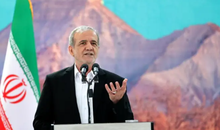
Iranian President: We will not stop nuclear program
2025-06-21 21:46:32
Europe hit by first heat wave: Up to 40°C expected this weekend
2025-06-21 21:19:19
Borussia Dortmund claim first win in Club World Cup
2025-06-21 20:56:04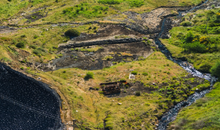
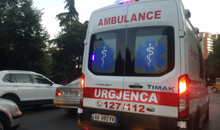
Accident on the Puka-Shkodra axis, two injured
2025-06-21 20:05:04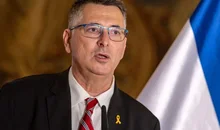

ChatGPT can damage your brain, here's what the study says
2025-06-21 19:20:25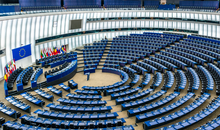

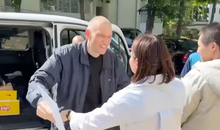
Belarus opposition leader released after five years in prison
2025-06-21 18:22:57
Renowned journalist and teacher in Korça, Vehbi Furxhi, passes away
2025-06-21 18:06:16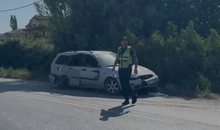
Accident in Fier-Levan, two injured
2025-06-21 17:43:25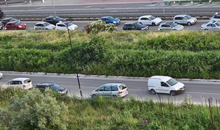
Tourism in traffic, when roads undo success
2025-06-21 17:25:31

Broja on the verge of leaving Chelsea, 4 teams in talks for midfielder
2025-06-21 16:42:02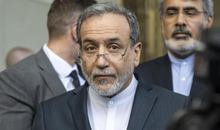
Iran confirms death of tenth nuclear scientist
2025-06-21 16:24:28
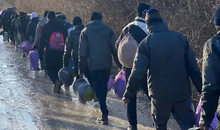
The Balkans as a warehouse for migrants?
2025-06-21 15:49:53
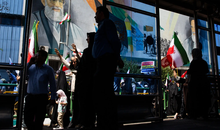
Khamenei names potential successors if he is killed
2025-06-21 15:10:58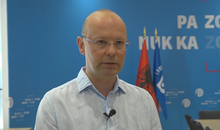


Memli Krasniqi re-elected as PDK chairman
2025-06-21 14:29:12

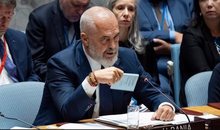

Israel says it has eliminated another top Iranian commander
2025-06-21 12:43:26

Iran and Israel exchange new attacks, Tehran rejects talks with the US
2025-06-21 12:00:20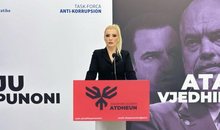
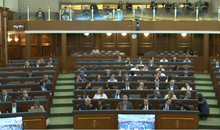
The impasse continues, the constitution of the Assembly fails for the 35th time
2025-06-21 11:14:23
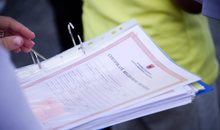
Report: Cadastre ignores Parliament and ALSAI recommendations
2025-06-21 10:35:59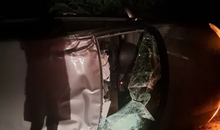
Car loses control on Tepelena-Kelcyrë road, driver injured
2025-06-21 10:14:47
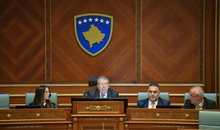
It failed 34 times, today a new attempt to constitute the Kosovo Assembly
2025-06-21 09:37:02
Foreign exchange, June 21, 2025
2025-06-21 09:17:10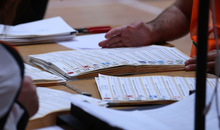


With temperatures up to 35 degrees, check out today's weather forecast
2025-06-21 08:15:54
Morning Post/ In 2 lines: What mattered yesterday in Albania
2025-06-21 07:58:20
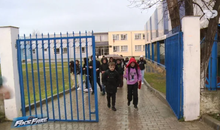

Dance with the mask of evil
2025-06-20 21:11:50
Matura 2025, Albanian Language and Literature exam grades published
2025-06-20 20:40:37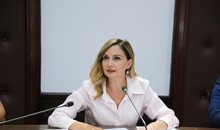
Tabaku: Albania has African wages and European prices
2025-06-20 20:33:02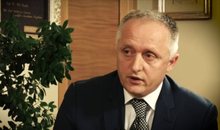


UK temporarily withdraws embassy staff from Iran
2025-06-20 19:16:02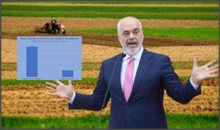
How Albania became the country with the highest cost of living
2025-06-20 18:49:11


Hail and strong storm "grab" Belshi
2025-06-20 17:35:56
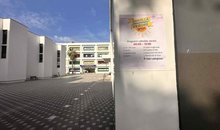
School closures increase parents' financial burden during the summer
2025-06-20 16:49:19
KAS dismisses SP over vote revaluation
2025-06-20 16:34:02
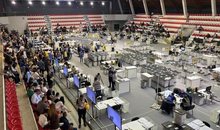

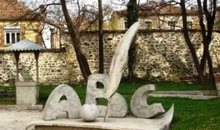
Albanian language included in official communications of New York public schools
2025-06-20 15:08:35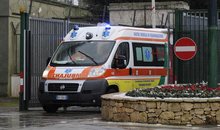
Accident in Italy, 46-year-old Albanian dies (NAME)
2025-06-20 14:50:50
Kosovo in electricity crisis, KESCO appeals to citizens: Save electricity!
2025-06-20 14:29:55
Meta: Disinformation against me, a product of government propaganda!
2025-06-20 14:08:44
The American obsessed with Albania, a country he would write an anthem for
2025-06-20 13:39:41
Berisha: SPAK is throwing candy to protect Gys Agas and Rama!
2025-06-20 13:30:02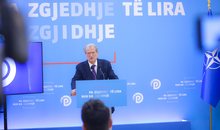
"Elections an electoral crime"/ Berisha warns of protests at home and abroad
2025-06-20 13:09:59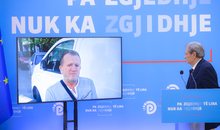


Reported missing a day ago, elderly man found dead in Peqin
2025-06-20 12:19:21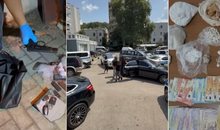
Drug gangs in Tirana cracked down, 24 arrested, 8 wanted (NAMES)
2025-06-20 11:57:38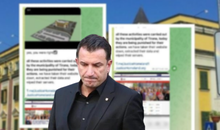
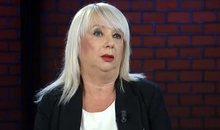
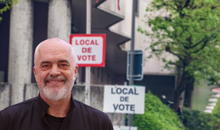
You win the elections like Edi Rama - but justice won't allow you in Switzerland
2025-06-20 11:10:28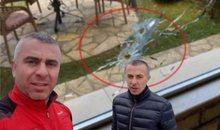
Bullets fired at Arjan Ndoji's former driver's bar, 15 shells at the scene
2025-06-20 10:48:02
Vokshi reports Vilma Nushi to SPAK, files lawsuit for "Check Up"
2025-06-20 10:31:54
Requests release from prison, hearing for former president Meta ends today
2025-06-20 10:15:50

Bullets fired at a bar in Fushë Krujë, police surround the area
2025-06-20 09:34:34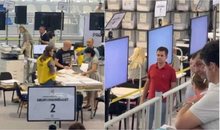



Foreign exchange, how much foreign currencies are bought and sold today
2025-06-20 08:40:20

Clear skies and cloudy skies, today's weather forecast
2025-06-20 08:00:26
Morning Post/ In 2 lines: What mattered yesterday in Albania
2025-06-20 07:50:05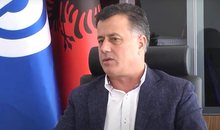
Noka reveals Rama's condition for Veliaj to resign
2025-06-19 22:53:43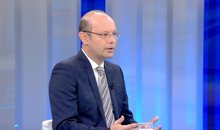
Vote recount in Tirana, Kaso: We did not have the 14th mandate as our objective
2025-06-19 22:44:53



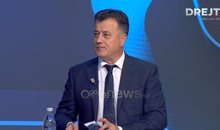
Noka: Policemen were running from morning to night for SP votes
2025-06-19 21:31:03
The three zodiac signs that will be disappointed in love this month
2025-06-19 21:18:48
Accused of murder due to blood feud, 48-year-old arrested in England
2025-06-19 21:06:57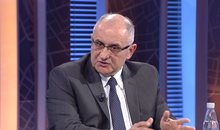
Vasili releases video: Tirana-Kashar segment full of gravel, no workers around!
2025-06-19 21:00:48

Tirana without a coach, four names considered for the white-and-blue bench
2025-06-19 20:21:12